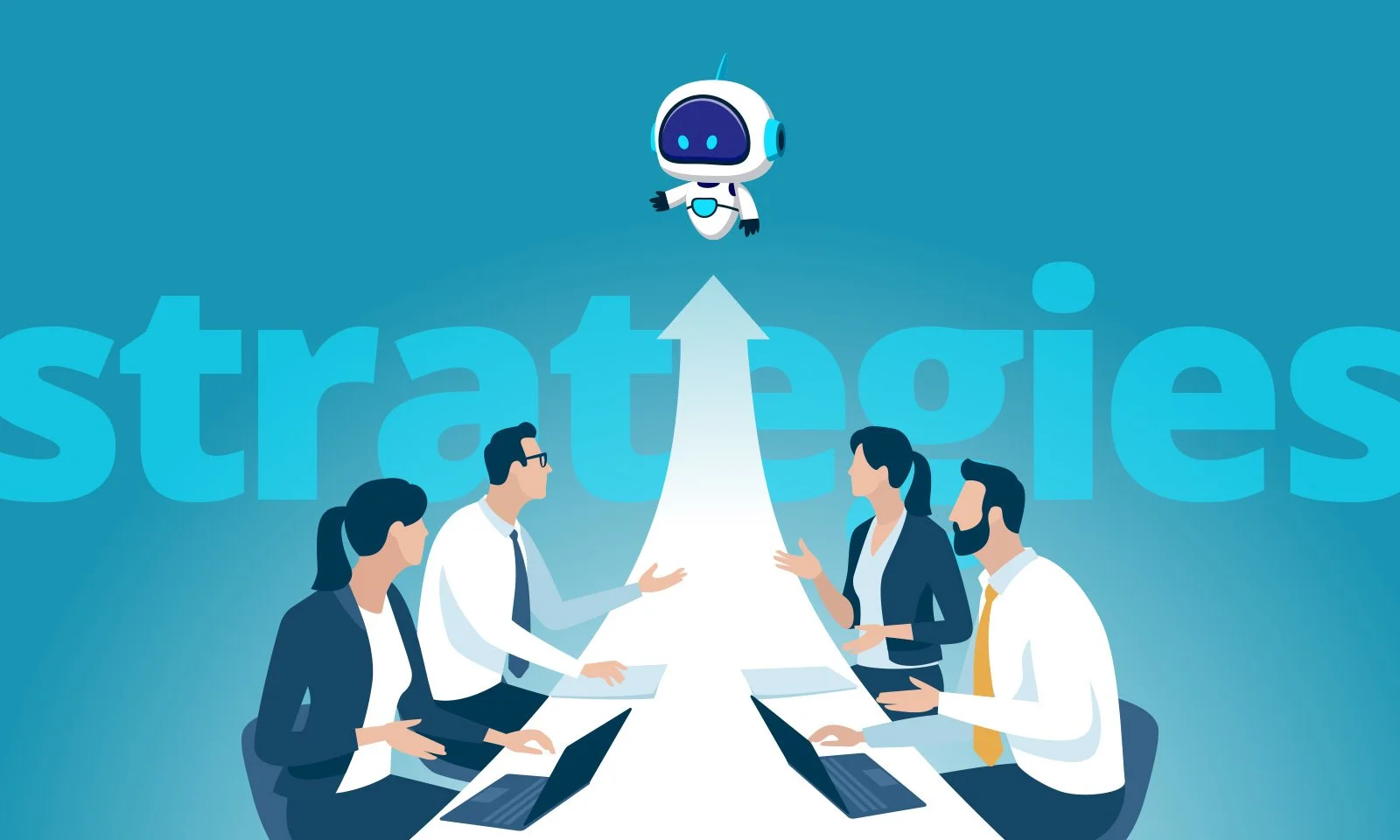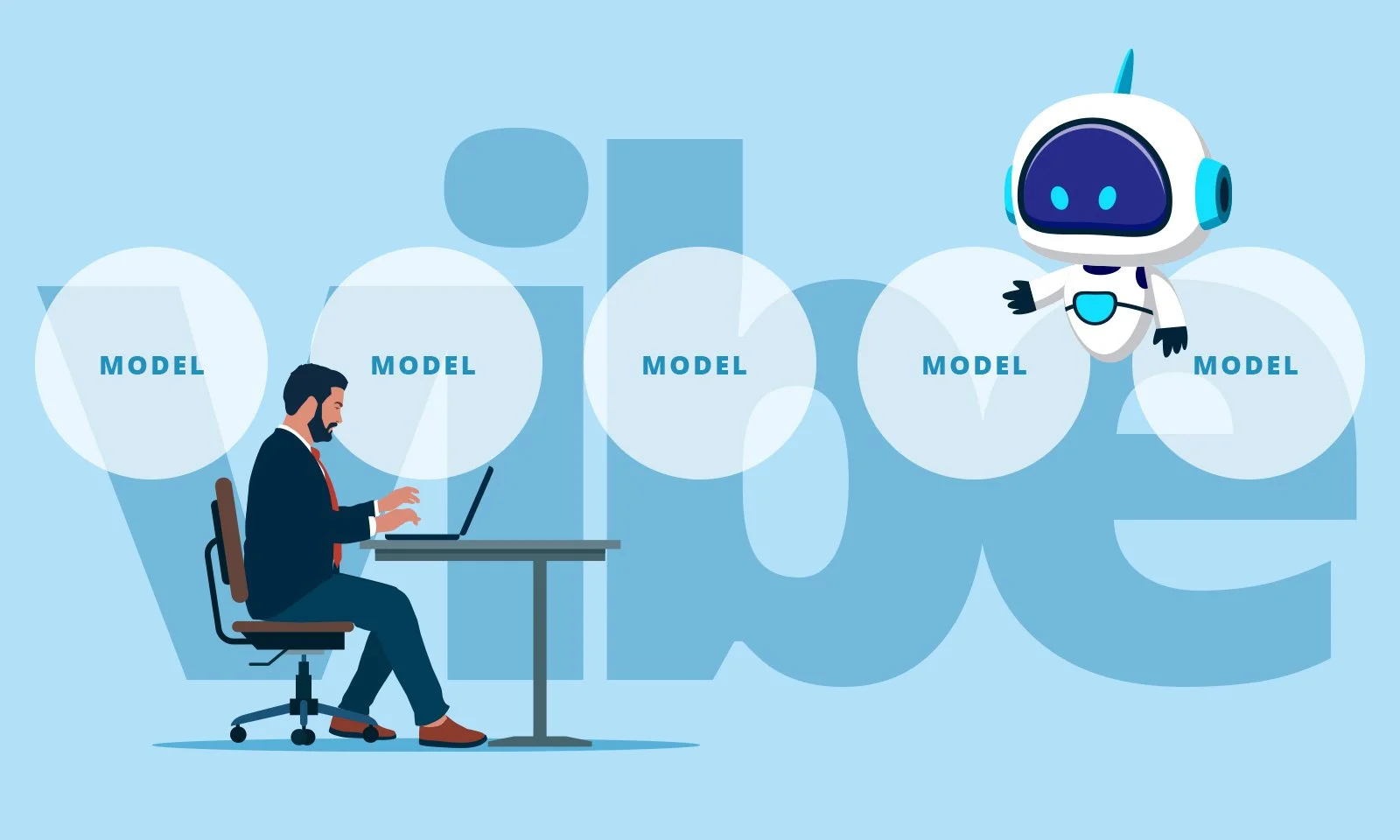READ STORIES THAT MATTER
Ibbaka Skill & Talent Blog
My name is Human Center
With the Customer Value Journey ending—although it is a beginning, not the end—I am inviting you for the final stroll along the path, this time considering what it means to be Human Center(ed) - inspired by a video by Don Norman (Nielsen Norman Group).
To remote or not to remote, it is not a question
Working from home has become a standard practice these days. The question remains, can we embrace and enjoy such a setting and if the answer is yes, what opportunities for self-development does it offer?
The Skill Graph is a Datagraph
Data graphs will change how organizations compete. In an open and connected world graphs that connect data in new ways will be the path to innovation. One of the most important data graphs will be the skill graph. It is through the skill graph with its ability to connect people that new services and business models become possible.
Generic skills or granular skills in role coverage and skill gap analysis
Role coverage and skill gap analysis relies on a role and competency model that maps roles in the work to the skills needed to execute on those roles. One question that often comes up is how granular the skills should be? We leverage some LinkedIn communities to help answer these questions and then looked at a practical example from our own business.
GreenComp: The European Sustainable Competence Framework
Ibbaka collects competency frameworks of all sorts for reference. We want to see if we can represent them properly in our skill management system and see if they contain skills we should add to our skill graph. GreenComp: The European Sustainable Competence Framework is a set of twelve competencies developed by the European Union to support the development of sustainable societies and organizations.
Update on The LinkedIn Design Thinking Group
Ibbaka supports the Design Thinking Group on LinkedIn. We take a design thinking approach to our work on skill and competency models and to value-based pricing and customer value management. The group has grown steadily through the pandemic and now has more than 185,000 members. Let’s see where these people come from.
Test design thinking as a way to generate more creative solutions to key business problems
Design thinking is a compelling way to bring more creativity to business problem solving. Ibbaka is offering a pilot program that will support you with testing design thinking in your own culture and environment. Get access to the Ibbaka Talent platform, shape a design thinking competency model to your business, get coaching on a project team.
Competency models and learning plans
Competency models are often used by people in learning and development. The competency model is used to guide the curriculum and course design to ensure that the learning supports the desired competencies. There are similarities between approaches taken to designing learning, such as ADDIE and design thinking, and the design of competency models.
It's time to write a typical summer post
The perception of time plays tricks with us. If there is nothing significant to record in the memory, the time subjectively shrinks. Routine blurs everything into one, difficult to cope with passage. The research shows that even a single small change to the routine will impact the overall perception of time. How about starting a Skill Profile on Ibbaka Talent?
Critical Skills - Patience - do we still have it?
In a world that moves faster and faster, do we have the patience to find the bright side of waiting? When "amazon-next-day-delivery" is a standard, four days seems like an eternity. Can one survive for four days without the Internet? Patience is a critical skill. The patience to wait and give thoughts, designs, people and relationships the time they need.
"I have no special talent. I am only passionately curious." ~ Albert Einstein
Curiosity is a natural and universal capacity that we all share especially when we are young. First, it helps to understand the world around us - later, it helps to empathize, define and prototype. The steps are present in the Design Thinking process, but as we go through those phases, we need to be aware of the actual thinking process. It is again, a curiosity that makes us pull the curtain and have a peek at the inner workings of our brain.
"Only the educated are free" — Epictetus
Range by David Epstein and my son's high school graduation inspired this post. The focus is on how to make better choices early in one’s career path, or rather, that we should try to broaden our knowledge base and sample everything we can.
Competency framework designers on competency framework design: The chunkers and the slice and dicers
The second post summarizing a series of interviews Ibbaka has conducted with experiences competency model designers. This one is the the person leading the skill curation team at a major technology company. She applied design thinking to organizing the skill curation process, and found two quite different approaches in her organization: The Chunkers and the Slicers and Dicers!
Generative Thinking as a Critical Skill - A Conversation with GK VanPatter
Critical thinking has been identified as a critical skill in many different contexts. Just as important to design thinking is generative thinking, where new ideas are generated, opened up and explored. We spoke with design thinking thought leader GK vanPatter to get his insights into the importance of generative thinking.
Visual thinking and visual communication skills
Visual skills are important to many design disciplines. Are visual thinking skills and visual communication skills the same thing?
Designing a skill competency model - the Ibbaka approach
Design research is used to get a deeper understanding of the different approaches that are taken to a design task. Skill and competency models are part of the designed world. Over the years Ibbaka has evolved its own approach to their design, which we update here.
Designing a Competency Model for Innovation Coaches
In this post we give a practical example of how we developed a small competency model. The model is for Innovation Coaching. It will be of interest to everyone responsible for designing and managing competency models, and for people with a specific interest in innovation and coaching. We begin with some context on the Innovation Mentor Network that Ibbaka is supporting.
Designing the Open Competency Model Architecture
Open Competency Models will change how we create and share information about our skills and abilities. Many different architectures will be needed and they will evolve over time, but we need a starting point, a seed crystal so to speak. Here is the framework we are exploring.
On the design of skill surveys
Surveys are a dubious way to assess skills. They are not even adequate to surveying skills. But they do play a role in skill management. So the design of skill surveys is an important skill in itself for a company like Ibbaka. Here share our thoughts on best practices.
Permission to design slowly
When we relax, our senses are far more receptive. It means seeing things that are not obvious — not the needs or gaps, but novelties that lie beyond.

























